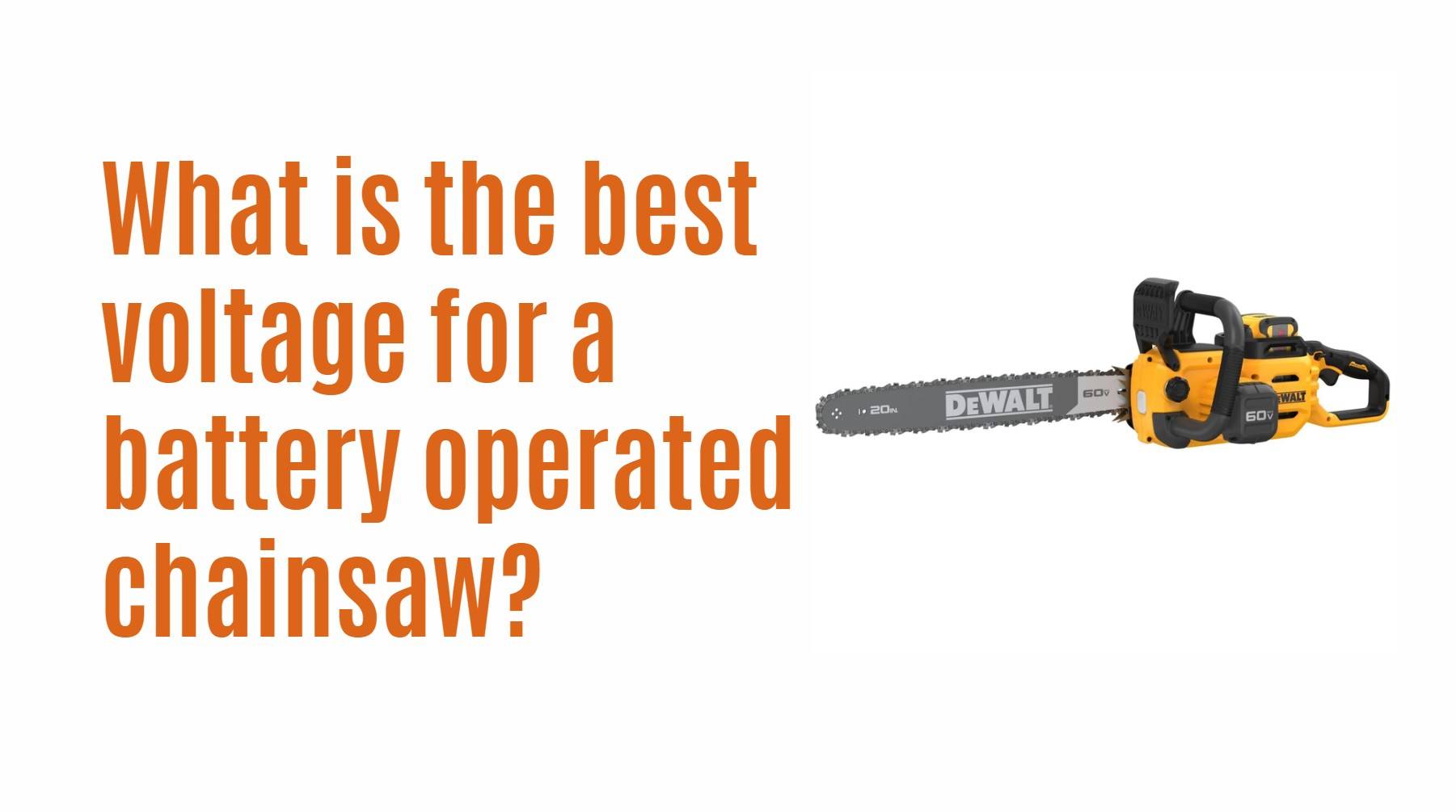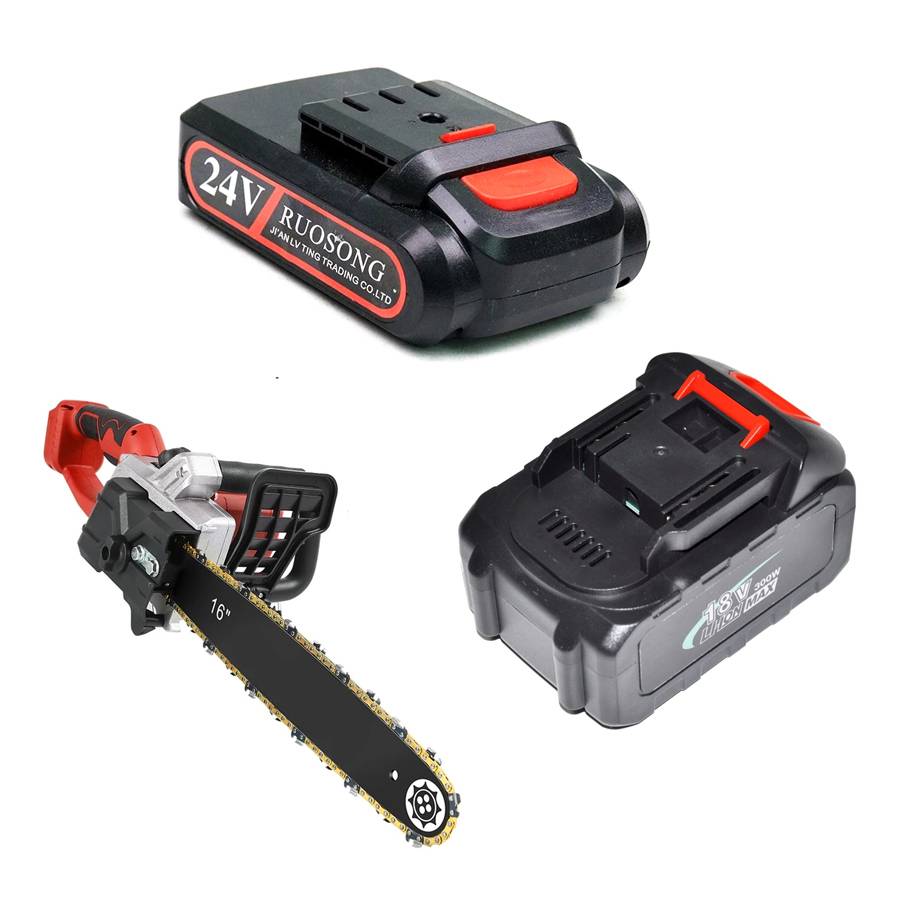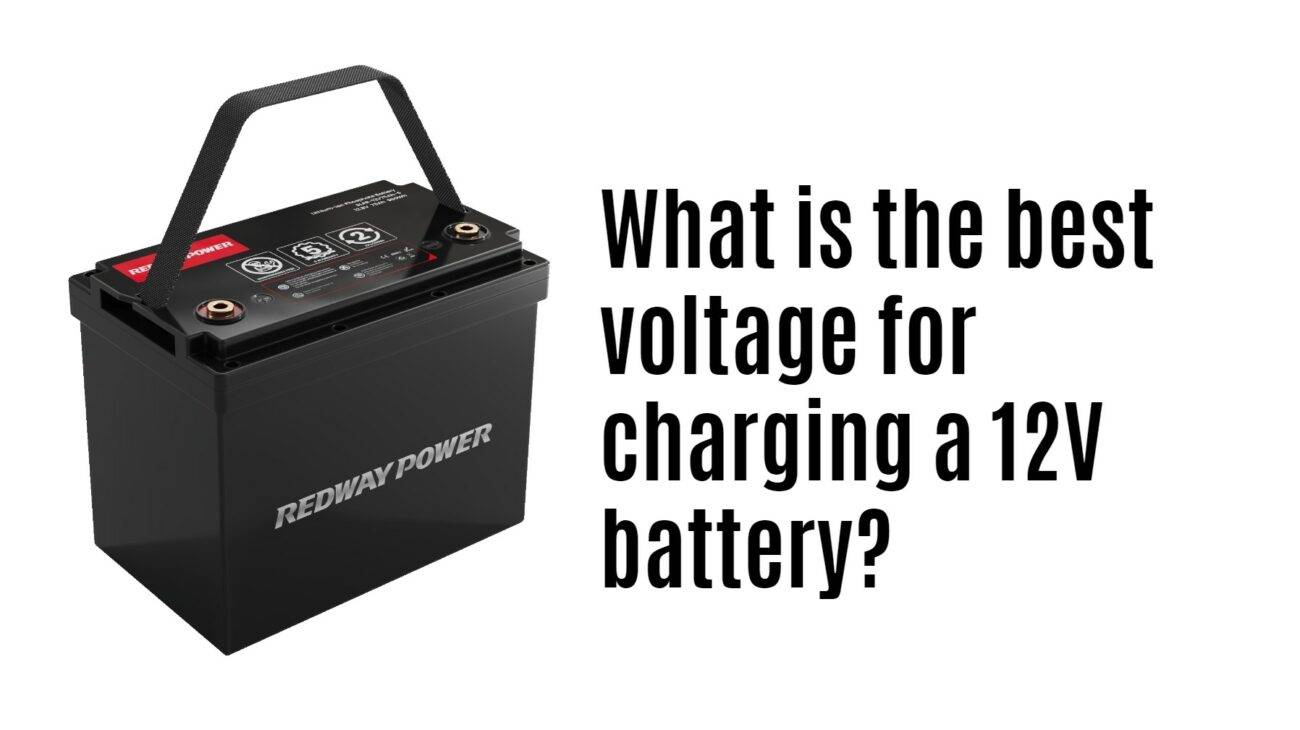- Forklift Lithium Battery
-
48V
- 48V 210Ah
- 48V 300Ah
- 48V 420Ah (949 x 349 x 569 mm)
- 48V 420Ah (950 x 421 x 450 mm)
- 48V 456Ah
- 48V 460Ah (830 x 630 x 590 mm)
- 48V 460Ah (950 x 421 x 450 mm)
- 48V 460Ah (800 x 630 x 600 mm)
- 48V 460Ah (820 x 660 x 470 mm)
- 48V 500Ah
- 48V 560Ah (810 x 630 x 600 mm)
- 48V 560Ah (950 x 592 x 450 mm)
- 48V 600Ah
- 48V 630Ah
-
48V
- Lithium Golf Cart Battery
- 12V Lithium Battery
12V 150Ah Lithium RV Battery
Bluetooth App | BCI Group 31
LiFePO4 Lithium
Discharge Temperature -20°C ~ 65°C
Fast Charger 14.6V 50A
Solar MPPT Charging - 24V Lithium Battery
- 36V Lithium Battery
- 48V Lithium Battery
-
48V LiFePO4 Battery
- 48V 50Ah
- 48V 50Ah (for Golf Carts)
- 48V 60Ah (8D)
- 48V 100Ah (8D)
- 48V 100Ah
- 48V 100Ah (Discharge 100A for Golf Carts)
- 48V 100Ah (Discharge 150A for Golf Carts)
- 48V 100Ah (Discharge 200A for Golf Carts)
- 48V 150Ah (for Golf Carts)
- 48V 160Ah (Discharge 100A for Golf Carts)
- 48V 160Ah (Discharge 160A for Golf Carts)
-
48V LiFePO4 Battery
- 60V Lithium Battery
-
60V LiFePO4 Battery
- 60V 20Ah
- 60V 30Ah
- 60V 50Ah
- 60V 50Ah (Small Size / Side Terminal)
- 60V 100Ah (for Electric Motocycle, Electric Scooter, LSV, AGV)
- 60V 100Ah (for Forklift, AGV, Electric Scooter, Sweeper)
- 60V 150Ah (E-Motocycle / E-Scooter / E-Tricycle / Tour LSV)
- 60V 200Ah (for Forklift, AGV, Electric Scooter, Sweeper)
-
60V LiFePO4 Battery
- 72V~96V Lithium Battery
- Rack-mounted Lithium Battery
- E-Bike Battery
- All-in-One Home-ESS
- Wall-mount Battery ESS
-
Home-ESS Lithium Battery PowerWall
- 24V 100Ah 2.4kWh PW24100-S PowerWall
- 48V 50Ah 2.4kWh PW4850-S PowerWall
- 48V 50Ah 2.56kWh PW5150-S PowerWall
- 48V 100Ah 5.12kWh PW51100-F PowerWall (IP65)
- 48V 100Ah 5.12kWh PW51100-S PowerWall
- 48V 100Ah 5.12kWh PW51100-H PowerWall
- 48V 200Ah 10kWh PW51200-H PowerWall
- 48V 300Ah 15kWh PW51300-H PowerWall
PowerWall 51.2V 100Ah LiFePO4 Lithium Battery
Highly popular in Asia and Eastern Europe.
CE Certification | Home-ESS -
Home-ESS Lithium Battery PowerWall
- Portable Power Stations
What Is the Best Voltage for a Battery-Operated Chainsaw?

The best voltage for a battery-operated chainsaw typically ranges from 40V to 80V, depending on the intended use. Higher voltages provide more power and longer runtimes, making them suitable for heavy-duty tasks, while lower voltages (like 12V or 20V) are ideal for light trimming and occasional use. Selecting the right voltage is crucial for optimal performance.
What Factors Should You Consider When Choosing Chainsaw Battery Voltage?
When selecting a battery voltage for your chainsaw, consider several factors that influence performance and usability:
- Power Requirements: Higher voltage batteries deliver more power, enabling faster cutting speeds and the ability to handle tougher materials.
- Runtime: Batteries with higher voltages generally have larger capacities, allowing for longer operation times before needing a recharge.
- Weight and Portability: Higher voltage batteries tend to be heavier, which can affect maneuverability during use.
Chart: Factors Influencing Chainsaw Battery Voltage Selection
| Factor | Description |
|---|---|
| Power Requirements | Higher voltages yield more cutting power |
| Runtime | Longer runtimes with higher capacity batteries |
| Weight and Portability | Heavier batteries may impact ease of use |
How Does Voltage Affect Chainsaw Performance?
Voltage plays a significant role in the performance of battery-operated chainsaws. Here’s how:
- Power Output: Higher voltage batteries provide increased power, allowing for faster cutting speeds and improved efficiency.
- Motor Efficiency: Chainsaws equipped with higher voltage batteries often feature more efficient motors that can handle demanding tasks without overheating or stalling.
- Cutting Capability: More robust voltage allows chainsaws to cut through denser wood and perform better in challenging conditions.
Chart: Impact of Voltage on Chainsaw Performance
| Voltage Level | Power Output | Cutting Capability |
|---|---|---|
| 12V | Low | Suitable for light-duty tasks |
| 40V | Moderate | Good for medium-duty tasks |
| 60V | High | Effective for demanding jobs |
| 80V | Very High | Ideal for heavy-duty cutting |
What Are the Common Voltage Options for Battery Chainsaws?
Battery-operated chainsaws typically come in several common voltage options, each suited for different applications:
- 12V Chainsaws: Best for light trimming and pruning tasks. They are compact and lightweight, ideal for homeowners needing a portable tool.
- 40V Chainsaws: A popular choice for homeowners requiring reliable performance for light to medium-duty cutting tasks.
- 60V Chainsaws: Suitable for more demanding jobs, offering increased power and runtime.
- 80V Chainsaws: Designed for heavy-duty applications, providing maximum power for professional-grade performance.
Chart: Common Battery Voltages and Their Applications
| Voltage Level | Typical Use Case |
|---|---|
| 12V | Light trimming and small branches |
| 40V | General yard work and medium logs |
| 60V | Heavy pruning and larger cuts |
| 80V | Professional-grade cutting applications |
Can You Use a Higher-Voltage Battery with a Lower-Voltage Chainsaw?
No, using a higher-voltage battery with a lower-voltage chainsaw is not recommended. Doing so can damage the electrical components of the chainsaw and create safety hazards. Always adhere to the manufacturer’s specifications regarding battery voltage to ensure safe operation.
Chart: Risks of Using Incorrect Battery Voltage
| Action | Risk |
|---|---|
| Using a higher-voltage battery | Potential damage to chainsaw components |
| Ignoring manufacturer specs | Safety hazards during operation |
What Is the Relationship Between Battery Voltage and Cost?
Generally, higher voltage batteries tend to be more expensive due to their increased power output and advanced technology. While they offer better performance, users should weigh the costs against their specific needs. For occasional users, lower-voltage options may provide sufficient performance at a lower price point.
Chart: Cost Comparison of Battery Voltages
| Voltage Level | Average Cost Range |
|---|---|
| 12V | $50 – $100 |
| 40V | $100 – $200 |
| 60V | $200 – $300 |
| 80V | $300 – $500 |
Industrial News
The battery-powered tools market is witnessing significant advancements as manufacturers focus on improving battery technology. Recent developments include enhanced lithium-ion batteries that offer faster charging times and longer lifespans compared to traditional lead-acid options. Companies are also exploring smart battery management systems that optimize performance based on user needs and environmental conditions.
Redway Power Expert Views
“Choosing the right battery voltage is critical for achieving optimal performance in battery-operated chainsaws,” states an expert from Redway Power. “Understanding your specific cutting needs will help you select the right voltage to enhance efficiency while ensuring safety during operation.”
FAQ Section
What is the best voltage for a battery-operated chainsaw?
The best voltage depends on your cutting needs; typically, 40V is suitable for general use, while 60V or 80V is better for heavy-duty tasks.Can I use a higher-voltage battery with my chainsaw?
No, using a higher-voltage battery than specified can damage your chainsaw and create safety risks.How does battery voltage affect runtime?
Higher voltage batteries usually have larger capacities, leading to longer runtimes before needing recharging.By understanding these aspects of battery voltages in chainsaws, users can make informed decisions that enhance their cutting experience while ensuring safety and efficiency in their outdoor tasks.

Tips for maintaining and maximizing battery life in a chainsaw
Maximize chainsaw battery life with proper maintenance: Charge correctly, store in a cool, dry place, clean, and lubricate regularly, use correct cutting techniques, select appropriate voltage, avoid overworking, and utilize smart features like variable speed controls. These tips ensure efficient and durable performance over time.
Here are some key tips to help you keep your battery-operated chainsaw performing at its best:
- Charge correctly: Follow manufacturer instructions for charging to avoid overcharging or undercharging, which can impact battery lifespan.
- Proper storage: Store the battery in a cool, dry place away from extreme temperatures and direct sunlight when not in use to prevent degradation.
- Regular cleaning and lubrication: Keep the chainsaw clean and lubricated to reduce friction and enhance performance.
- Use correct cutting techniques: Use proper cutting methods to avoid straining the chainsaw unnecessarily.
- Choose the right voltage: Select an appropriate voltage based on your cutting tasks to optimize power and runtime without overloading the chainsaw.
- Avoid overworking: Use the chainsaw within its intended capacity to prevent premature wear and tear.
- Utilize smart features: Take advantage of smart features like variable speed controls to maximize battery life.
By following these maintenance tips, you can ensure your battery-operated chainsaw remains efficient and durable over time.



















